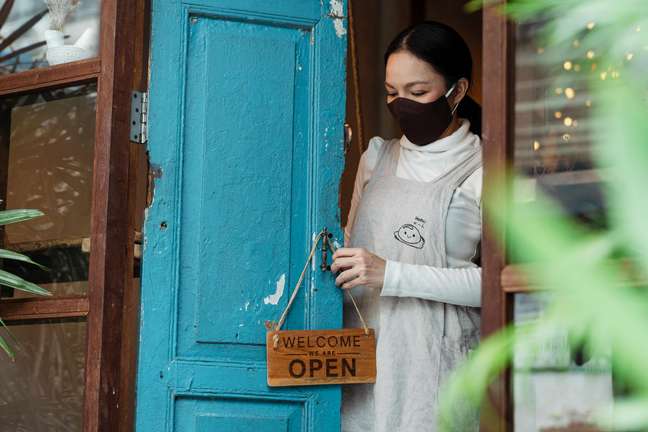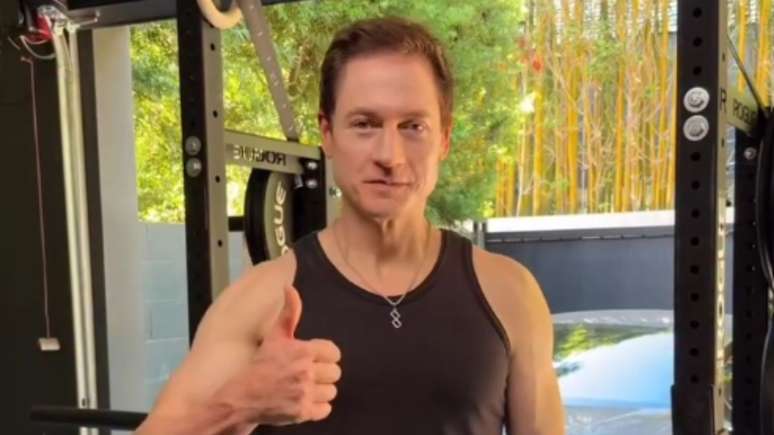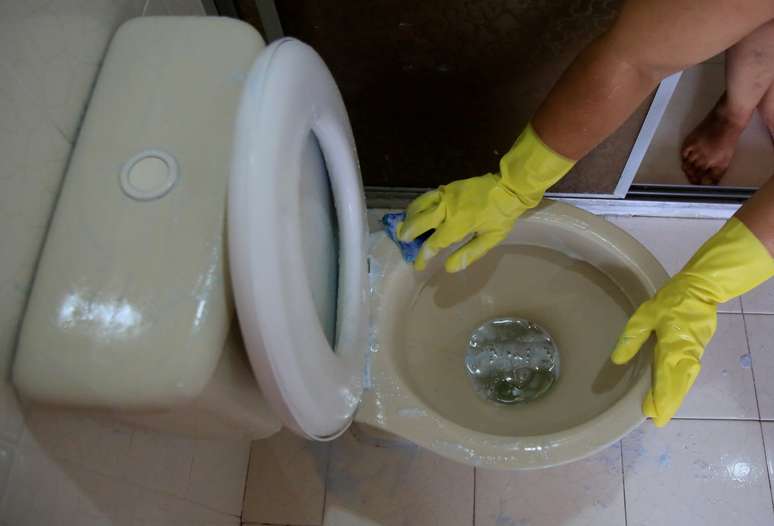More than 2 years after the start of the pandemic, reinfections are becoming more frequent and faster – you understand why here
You may have noticed that covid-19 reinfections have become more frequent for some time now. This has a reason, of course, which we will understand below.

HOW DOES COVID-19 INFECTION HAPPEN?
We know that this topic has been explored a lot since the pandemic started around the world, however it is always important to remember the basics for understanding the complexities involved in reinfection cases.
“The infection starts through the respiratory tract,” explains the Dr. Brianna Nicoletti , USP immunologist. “The virus enters through the mouth and nose from contact with an infected person. At this early stage, it starts to multiply in the body in a wild way and the individual will not always show symptoms.”
The so-called virus incubation period starts from exposure to the virus until the first symptoms appear, which can be cough, headache, fever, body aches, etc.
“This first phase lasts from 3 to 7 days and, in this interval, the organism has not yet had enough time to produce antibodies. The organism, in fact, is preparing to start attacking this new enemy,” he explains. “Most of the time, the immune system can fight the virus effectively. Therefore, most people have only mild symptoms and recover after a few days.”
As you already know, some patients (between 15 and 20%) will have severe symptoms. This means that, after 5-14 days from the appearance of the first symptoms, the virus manages to reach the lung, starting a serious inflammation. In this phase the organism has already produced some defenses, but in a chaotic and disordered way.
“At this point in the cycle, there are few viruses in the body, but most attacks are carried out by the defense system itself. This means that the way immunity interacts with the virus greatly affects the severity of the disease.” he claims.
HOW LONG CAN WE TRANSMIT THE VIRUS?
The period of isolation is fundamental in the management of the coronavirus because, being an airborne disease, preventing the circulation of the virus is essential to prevent further contagion.
For this reason, the doctor’s recommendation, for patients presenting with symptoms, is still isolation for at least 10 days. For more severe cases, which involve hospitalizations, it must last at least 20 days.
“The Brazilian Society of Infectious Diseases (SBI) vehemently opposes the reduction of isolation to 5 days and recommends at least 7 days of isolation for asymptomatic patients, with a discharge recommendation only for patients who are at least 24 hours without fever and without using antipyretic drugs, “continues the doctor.
IS THERE IMMUNITY AGAINST COVID-19?
This is where the situation starts to get complicated. Prior to the omicron variant and its sublines, the average duration of natural protection conferred by infection was about 3 months – the so-called “immune window”. That changed with ononomicron, as reinfections began to occur more frequently and over a shorter period of time.
“One of the main reasons reinfection occurs is due to the emergence of mutations in the virus,” explains the Dr. Aline Scarabelli , an infectious disease specialist and medical consultant at Labi Exames. “This evolutionary process of infectious diseases occurs due to the large circulation of the virus, which is more likely to mutate and cause new variants to cause the disease again.”
Therefore, the warning signal is maximum: there are cases of reinfection up to 20 days from the first positive result. As explained above, the variants indicate that the virus has undergone changes: some studies indicate that post-infection immune protection is 56% of the micron.
Other factors also influence this. The protection offered by vaccines and the power of the immune system itself decay over time, so the longer it has been since vaccination or the first infection, the greater the risk of contracting covid-19.
“The high circulation of the virus also contributes to reinfections, as it is easier to cross at times when new cases are on the rise and states and municipalities have relaxed prevention measures,” adds Dr. Brianna.
HOW TO AVOID A COVID-19 REINFECTION?
The first step is also the simplest: take all doses of the vaccine. Most Brazilian states have already released second-dose booster vaccination (i.e. the fourth dose of the vaccine) for people over the age of 18.
The use of the mask in closed and crowded places is also an interesting recommendation, as well as maintaining a proper hand hygiene routine.
“The guidelines follow the same recommendations since the beginning of the pandemic period, such as the use of masks, hand hygiene and room ventilation”, reiterates Dr. Aline. “However, it is important to remember that avoiding the risk of exposure to the virus and vaccinating against covid-19 according to the vaccination schedule are important to avoid reinfection of the disease.”
Source: Terra
Benjamin Smith is a fashion journalist and author at Gossipify, known for his coverage of the latest fashion trends and industry insights. He writes about clothing, shoes, accessories, and runway shows, providing in-depth analysis and unique perspectives. He’s respected for his ability to spot emerging designers and trends, and for providing practical fashion advice to readers.







